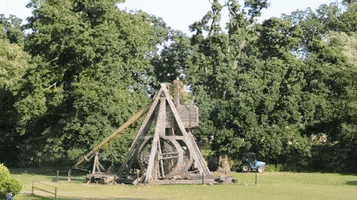Check the link.ssu wrote:The structure depends more on geopolitics and military balance than ideology. Your biggest defence have been the two big wet ones: The Atlantic and the Pacific Ocean. And also that neither Canada, Mexico or any other nation on your Continent has been some badass militant Germany.
70 million militant Canucks organized as the Third Reich would be a different thing, you know. Then you would have conscription.
It was ALL about ideology:
For most Americans after the Revolution, a standing army was one of the most dangerous threats to liberty. In thinking about the potential dangers of a standing army, the Founding generation had before them the precedents of Rome and England. In the first case, Julius Caesar marched his provincial army into Rome, overthrowing the power of the Senate, destroying the republic, and laying the foundation of empire. In the second, Cromwell used the army to abolish Parliament and to rule as dictator. In addition, in the period leading up to the Revolution, the British Crown had forced the American colonists to quarter and otherwise support its troops, which the colonists saw as nothing more than an army of occupation. Under British practice, the king was not only the commander in chief; it was he who raised the armed forces. The Framers were determined not to lodge the power of raising an army with the executive.



